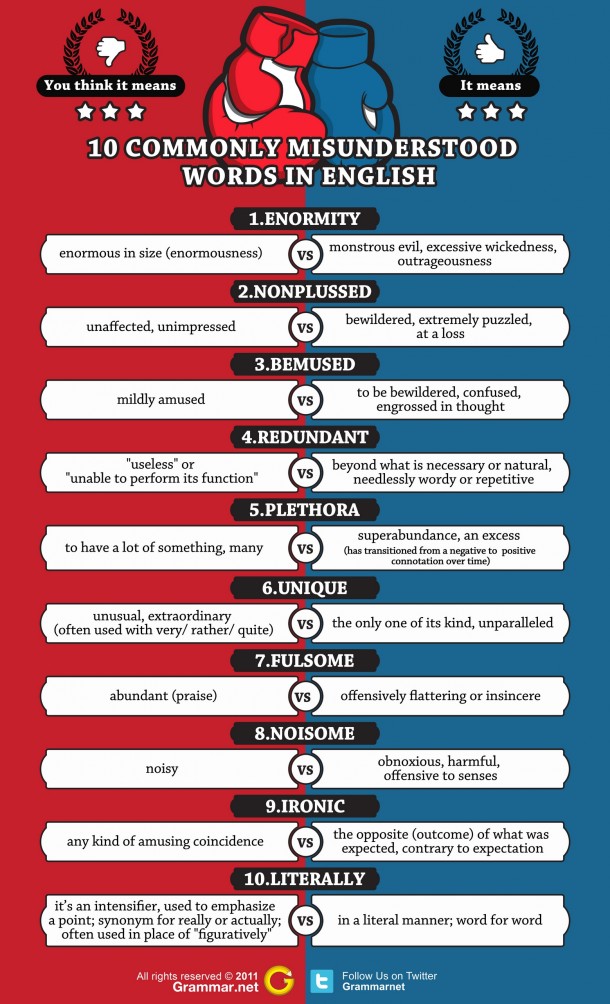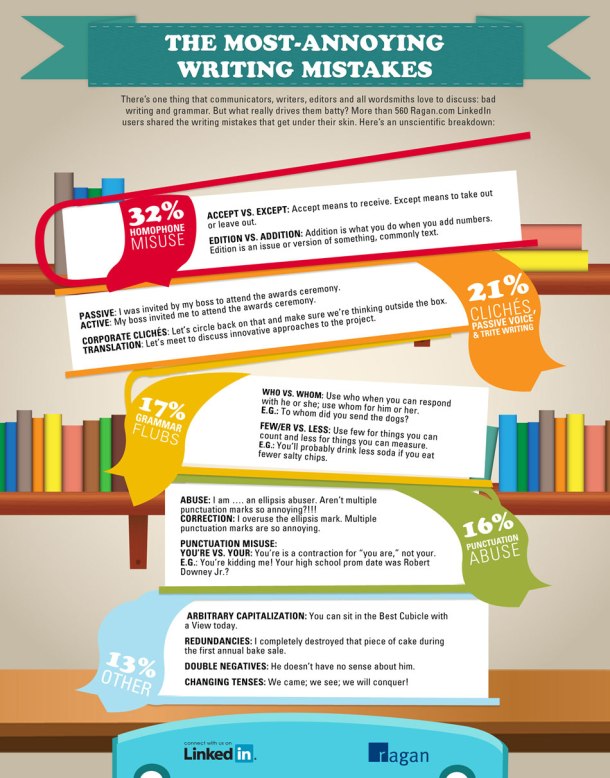I helped a coworker with a business letter recently, a coworker I consider to be a generally good writer. This person, who is an articulate communicator in everyday life, still wrote a letter full of passive voice phrasing that overshadowed the main ideas. As we worked together to polish the letter, the incident reminded me how frequently good writing is invisible.
Good writing helps ideas shine and does not draw attention to itself. Rather than noticing the writing, the reader remembers the ideas. If you’re not looking for good writing, you won’t notice it very frequently. Bad writing, on the other hand, sticks out like a Raiders fan at a Cowboys game – you notice it immediately. Messy syntax, awkward phrasing, repetition, and heavy use of the passive voice jump up and beg for the spotlight, stealing it away from the ideas meant to draw our attention.
Letting the ideas shine isn’t just about good grammar; it’s also about using syntax and diction in a way that works with your ideas. Long sentences invite complex thoughts whereas short sentences draw your attention to one specific thing. Let’s look at an example of each within a couple sentences of each other from the first chapter of Rudolfo Anaya’s Bless Me Ultima. Young protagonist Antonio tells us:
My heart sank. When I thought of leaving my mother and going to school, a warm, sick feeling came to my stomach. To get rid of it, I ran to the pens we kept by the molino to feed the animals.
The first sentence draws your attention to the main idea – narrator Antonio is pretty upset. The second and third sentences, both compound sentences, expand on this idea and its consequences. Anaya helps us to focus on the ideas by using sentence structure and diction to his advantage.
Compound sentences generally emphasize the second thought. For example, listen to the difference here:
- The storm raged outside, but Jenny still got to go home.
- Jenny still got to go home, but the storm raged outside.
Even though the ideas are the same, the first sentence ends on a much happier note (Jenny got to go home!) than the second sentence (the storm raged). Every little bit makes a difference. Imagine what you as a writer are hoping to emphasize, and tidy up your diction and syntax to draw attention to that idea.
What other little tweaks help your ideas shine? How else can we revise our writing to focus attention on the story?
Related Links
- Nathan Bransford: What People Talk About When They Talk About Bad Writing
- Pilgrimage: Writing by Rule, or Invisibility
- Can Good Writing Be Taught?




